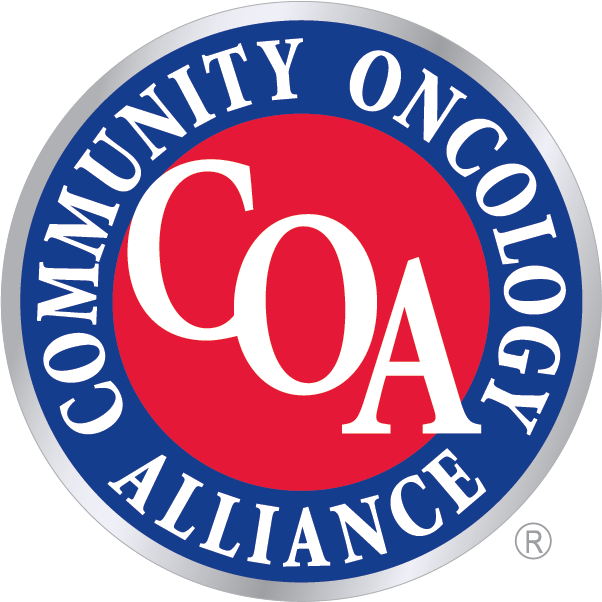February 3: InsideHealthPolicy: Oncologists-Backed Paper Takes PBMs To Task Over Pharmacy Concessions
Oncologists and pharmacists are touting an oncologist-financed paper on the pharmacy benefit manager practice of demanding retroactive concessions from pharmacies, which the paper argues are unfair. In a rebuttal, the Pharmaceutical Care Management Association called the paper’s sponsor, the Community Oncology Alliance, an “oncologist splinter group” and said rebates and concessions from pharmacies keep premiums low.
Drug companies have been criticized for hiking drug prices over the past few years, and now the pharmacy benefit managers that negotiate prices are receiving more attention, too. The paper, by the firm Frier Levitt, is the second in recent weeks on rebates and concessions, which CMS collectively calls direct and indirect remuneration. CMS also recently published a paper on the drug rebates and concessions that says, although they lower premiums, it’s not clear that they lower costs overall to either beneficiaries or Medicare.
CMS in 2014 proposed guidance on the issue, but did not finish it. The Senate Finance Committee asked HHS Secretary nominee Tom Price if he plans to finish that guidance, and the Georgia Republican said he would work with lawmakers on it.
The Frier Levitt paper focuses on concessions from pharmacies and the paper received praise from pharmacy trade groups. The paper says pharmacy benefit managers use concessions to penalize pharmacies, including specialty pharmacies located at oncology practices, for performing poorly on measures that do not apply to the services they provide and are outside their control.
“In theory–and as originally contemplated by CMS–these DIR Fees would provide Pharmacy Providers with additional reimbursement based on certain quality performance metrics,” the paper states. “However, over the last year or so, DIR Fees have been twisted by PBMs into an abusive and overly-broad ‘backdoor’ vehicle for clawing back additional monies and increasing their own profits–at the expense of Medicare and beneficiaries.”
Community Oncology Alliance Executive Director Ted Okon said pharmacies typically can’t turn down contracts over concessions because a few pharmacy benefit managers control the entire market and cut pharmacies out of their networks if they don’t agree to the fees.
The Pharmaceutical Care Management Association lashed out at the Community Oncology Alliance over the report.
“Today’s attack on Medicare Part D plans’ tools to reduce drug costs is a thinly veiled attempt to protect certain oncologists’ profits at the expense of patients and the Medicare program itself,” the pharmacy benefit manager trade group said in a release.
Although rebates and price concessions lower beneficiary premiums and Medicare’s subsidies to plans, CMS says they also increase government spending in other ways, and the agency reports the net effect is unclear. — John Wilkerson (jwilkerson@iwpnews.com)
February 3: InsideHealthPolicy: Oncologists-Backed Paper Takes PBMs To Task Over Pharmacy Concessions
Oncologists and pharmacists are touting an oncologist-financed paper on the pharmacy benefit manager practice of demanding retroactive concessions from pharmacies, which the paper argues are unfair. In a rebuttal, the Pharmaceutical Care Management Association called the paper’s sponsor, the Community Oncology Alliance, an “oncologist splinter group” and said rebates and concessions from pharmacies keep premiums low.
Drug companies have been criticized for hiking drug prices over the past few years, and now the pharmacy benefit managers that negotiate prices are receiving more attention, too. The paper, by the firm Frier Levitt, is the second in recent weeks on rebates and concessions, which CMS collectively calls direct and indirect remuneration. CMS also recently published a paper on the drug rebates and concessions that says, although they lower premiums, it’s not clear that they lower costs overall to either beneficiaries or Medicare.
CMS in 2014 proposed guidance on the issue, but did not finish it. The Senate Finance Committee asked HHS Secretary nominee Tom Price if he plans to finish that guidance, and the Georgia Republican said he would work with lawmakers on it.
The Frier Levitt paper focuses on concessions from pharmacies and the paper received praise from pharmacy trade groups. The paper says pharmacy benefit managers use concessions to penalize pharmacies, including specialty pharmacies located at oncology practices, for performing poorly on measures that do not apply to the services they provide and are outside their control.
“In theory–and as originally contemplated by CMS–these DIR Fees would provide Pharmacy Providers with additional reimbursement based on certain quality performance metrics,” the paper states. “However, over the last year or so, DIR Fees have been twisted by PBMs into an abusive and overly-broad ‘backdoor’ vehicle for clawing back additional monies and increasing their own profits–at the expense of Medicare and beneficiaries.”
Community Oncology Alliance Executive Director Ted Okon said pharmacies typically can’t turn down contracts over concessions because a few pharmacy benefit managers control the entire market and cut pharmacies out of their networks if they don’t agree to the fees.
The Pharmaceutical Care Management Association lashed out at the Community Oncology Alliance over the report.
“Today’s attack on Medicare Part D plans’ tools to reduce drug costs is a thinly veiled attempt to protect certain oncologists’ profits at the expense of patients and the Medicare program itself,” the pharmacy benefit manager trade group said in a release.
Although rebates and price concessions lower beneficiary premiums and Medicare’s subsidies to plans, CMS says they also increase government spending in other ways, and the agency reports the net effect is unclear. — John Wilkerson (jwilkerson@iwpnews.com)
